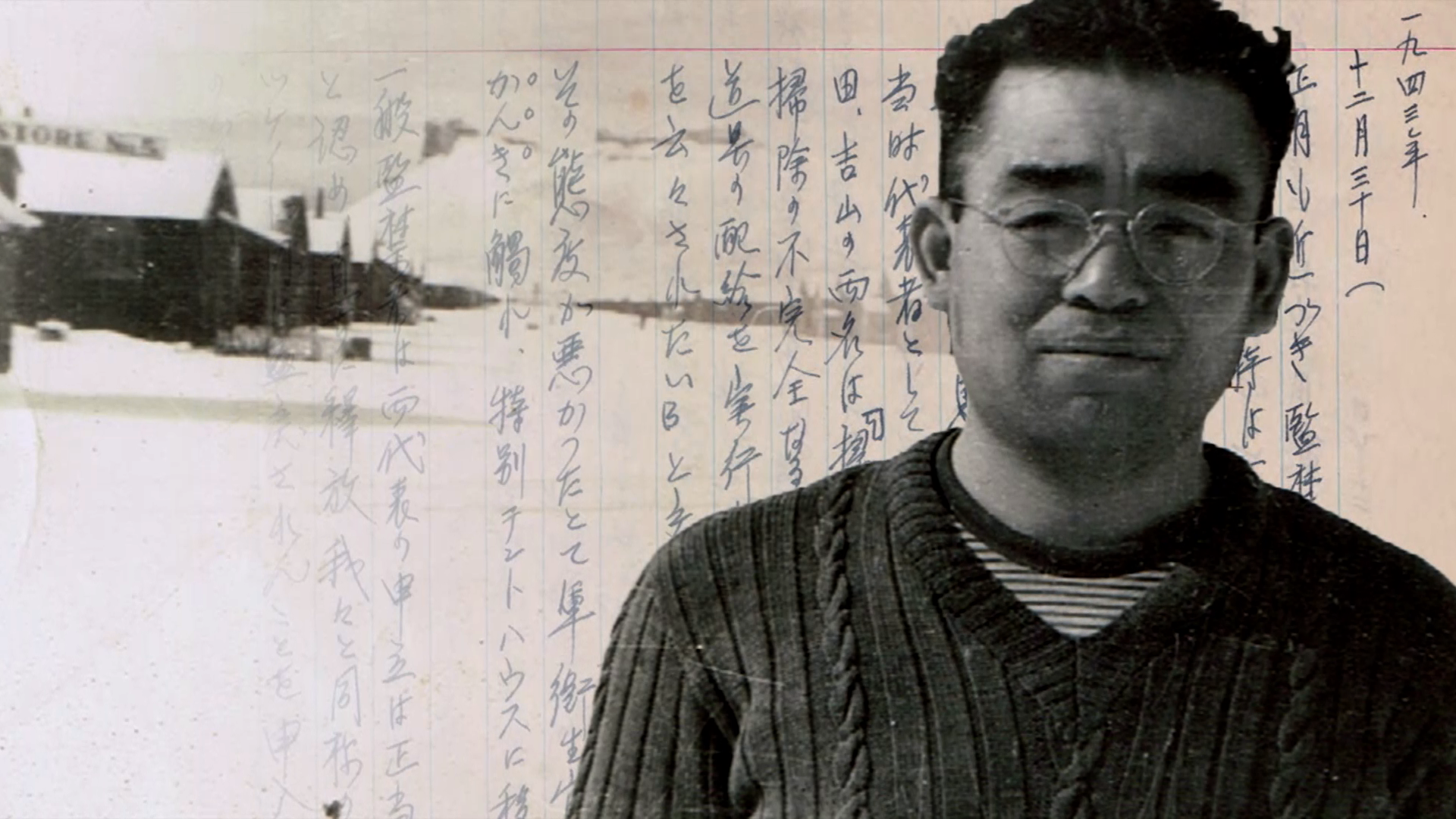 For more than seven decades, a rift has persisted among Japanese Americans, between Tule Lake resisters and the “loyal” Japanese Americans aligned with the Japanese American Citizens League. I’m proud that my film Resistance at Tule Lake played a part in community healing as the JACL voted to apologize to Tule Lake resisters.
For more than seven decades, a rift has persisted among Japanese Americans, between Tule Lake resisters and the “loyal” Japanese Americans aligned with the Japanese American Citizens League. I’m proud that my film Resistance at Tule Lake played a part in community healing as the JACL voted to apologize to Tule Lake resisters.
During World War II, the JACL took the national stage as the official representative organization for American-born Japanese. They negotiated with the U.S. government throughout the removal and mass incarceration. Inside the camps, the JACL were seen as collaborators with the Caucasian administration who informed on their own people. For this, they were referred to in the incarcerated community as inu — dogs.
Screening Resistance before JACL apology resolution
The JACL’s actions during the war often supported the oppressive, white supremacist agendas of the concentration camp regime. In June 1942, long before Tule Lake became a segregation center, JACL National Secretary Mike Masaoka urged the head of the War Relocation Authority to segregate certain categories of kibei (U.S.-born Japanese educated in Japan) and investigate their parents. Whenever Japanese Americans challenged wartime violations of their civil rights, the JACL threw them to the wolves.
Presenting my film at last year’s JACL National Conference of was a powerful occasion. Stan Shikuma, Haruka Roudebush, and others set up this screening to educate JACL members about the story of Tule Lake. This summer, they asked me to make Resistance at Tule Lake available by DVD and online screener to JACL delegates as they considered the Tule Lake apology resolution, introduced as “R-3” at the 2019 JACL National Convention.

JACL National Council votes to apologize to Tule Lake resisters, 8/3/2019. photo: Rob Buscher
Work of community healing remains
I wasn’t able to come to the 2019 convention, but learned what happened from participants and the articles that appeared soon after in Japanese American media. After the warm reception I and the film received at JACL 2018, I was surprised at the amount of controversy that erupted around the resolution. I found it amazing that Norm Mineta, who holds towering national stature in the community, stood up to urge his fellow Japanese Americans to vote against it. I see there is much work of reconciliation left to be done in the waning years of the generation who lived in America’s concentration camps. But the resolution has been a huge breakthrough, and I hope Resistance at Tule Lake will continue to inform and inspire more healing discussions.

